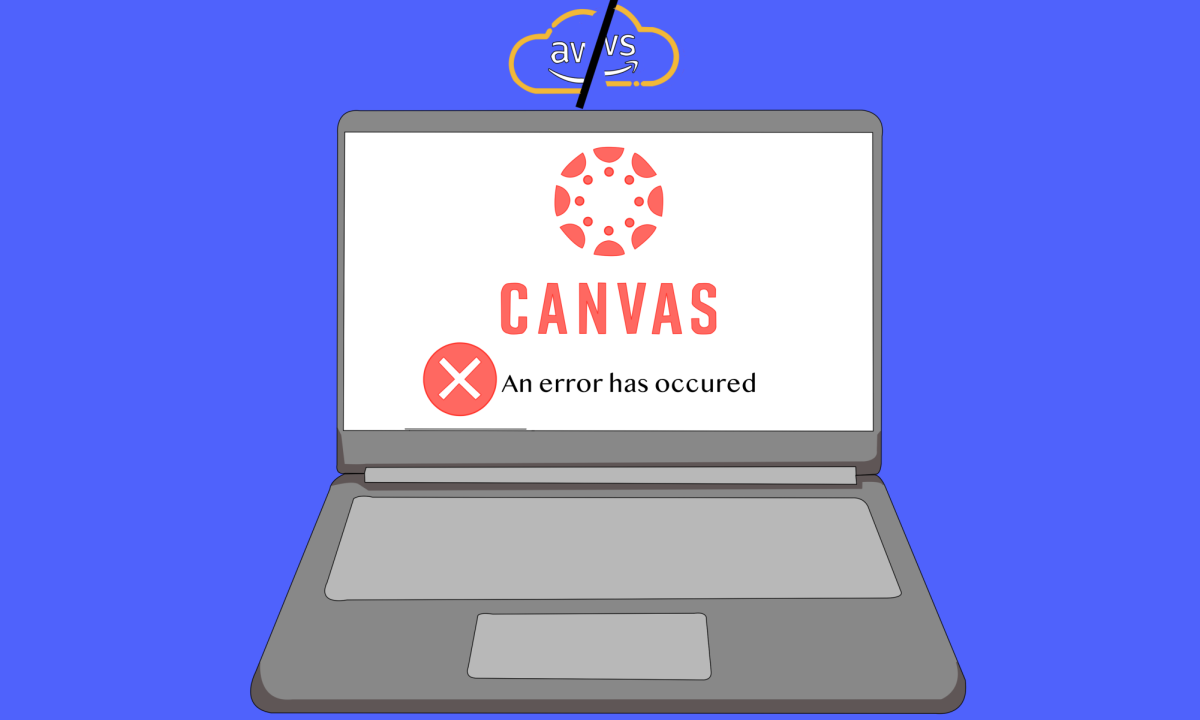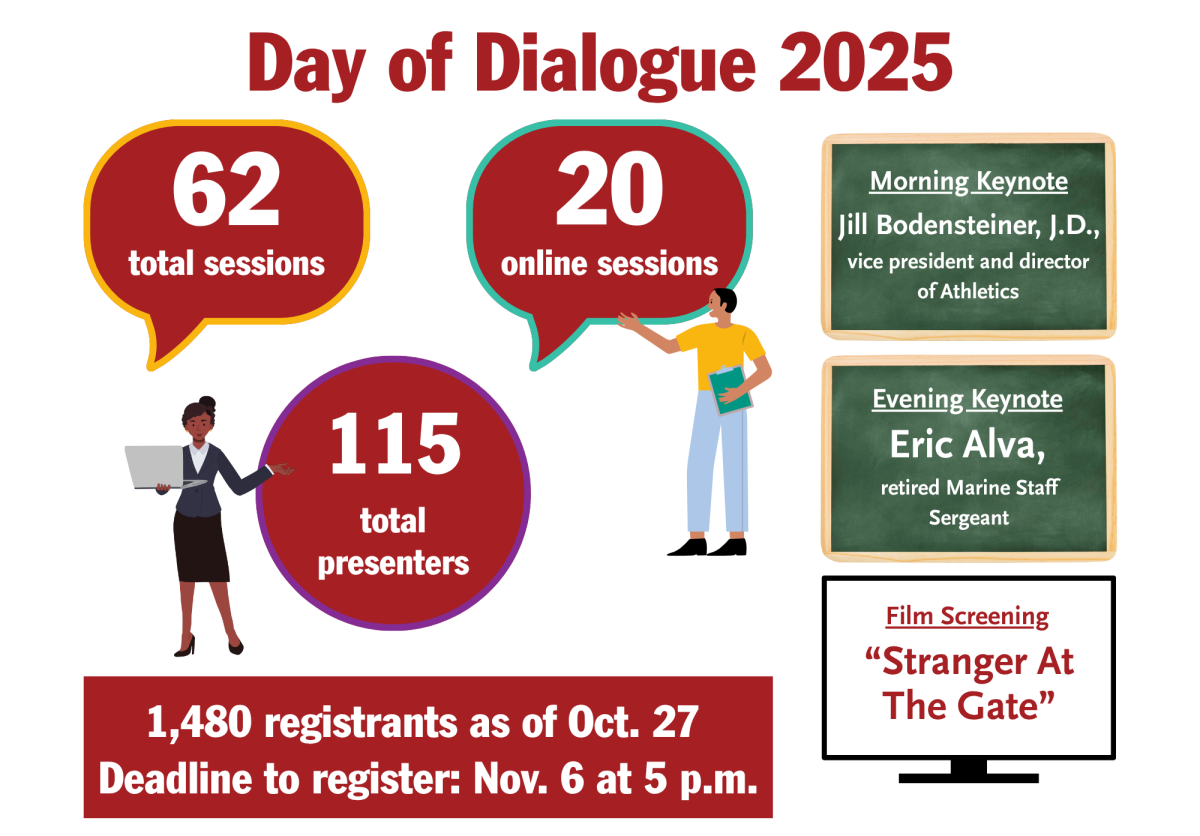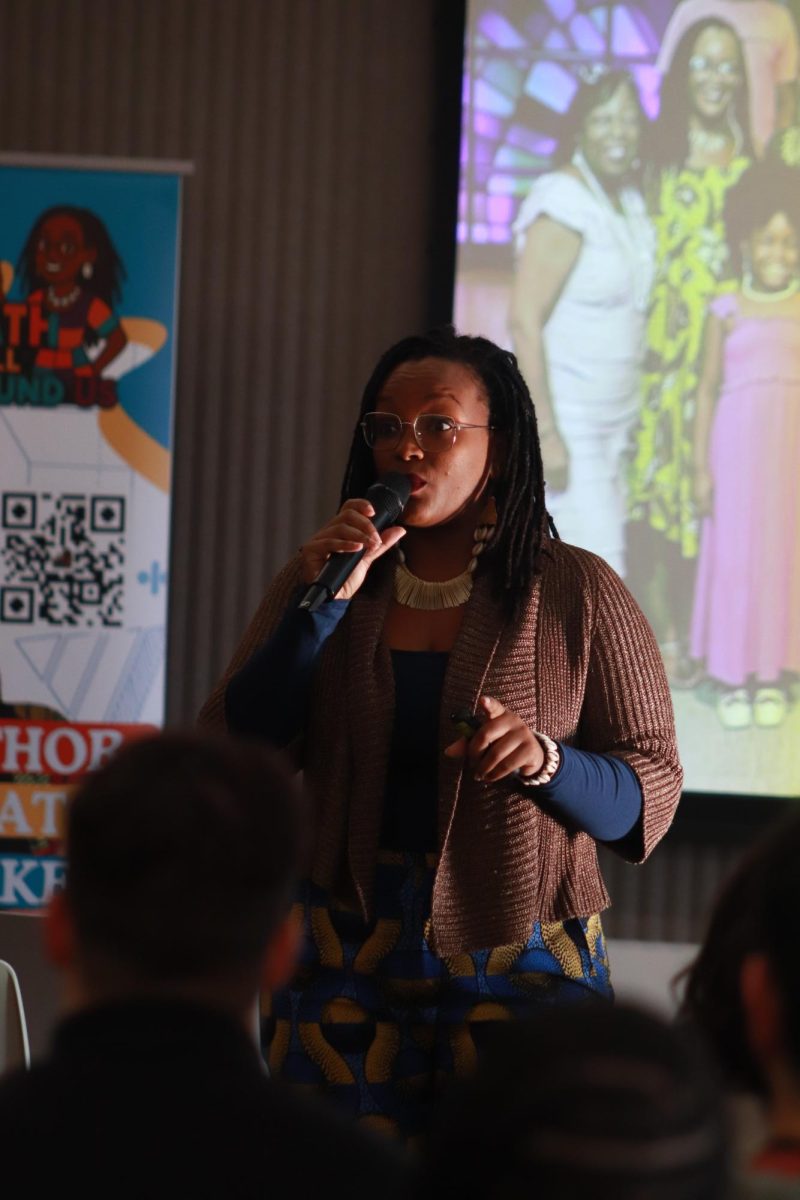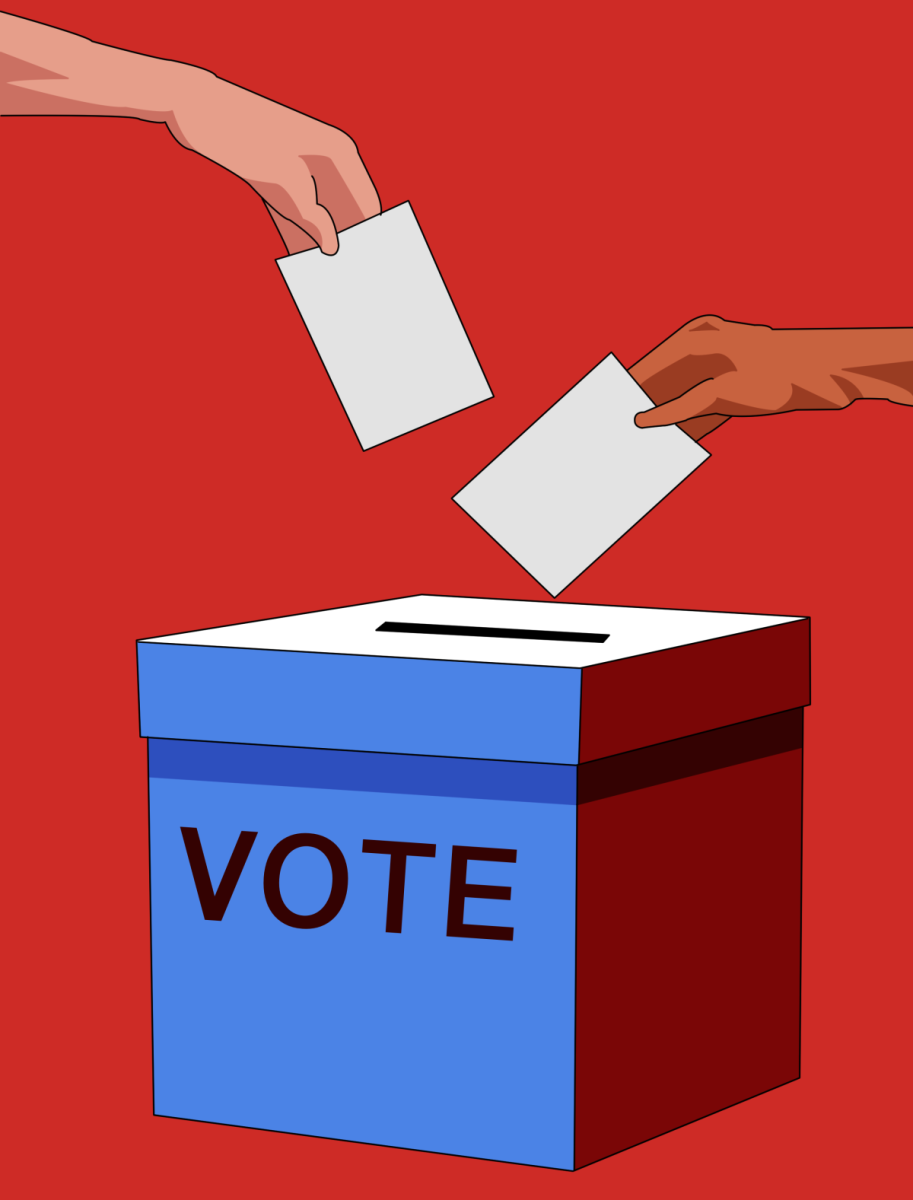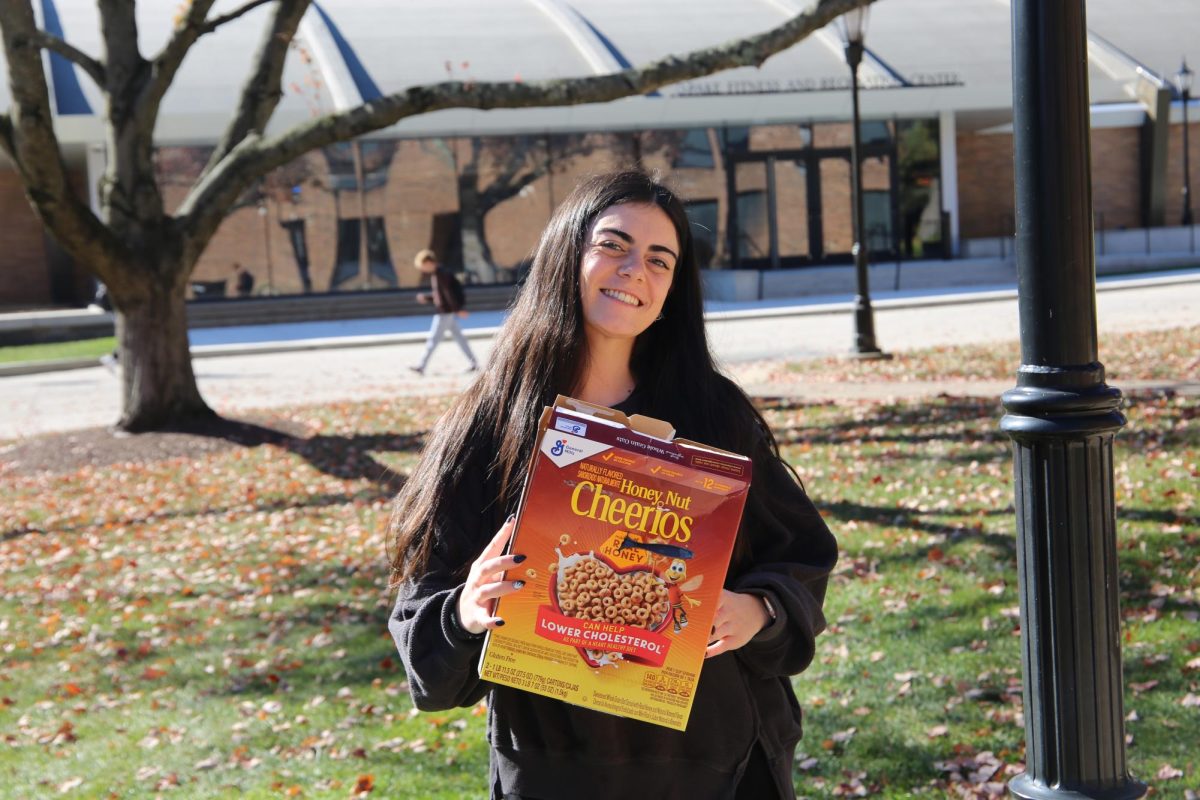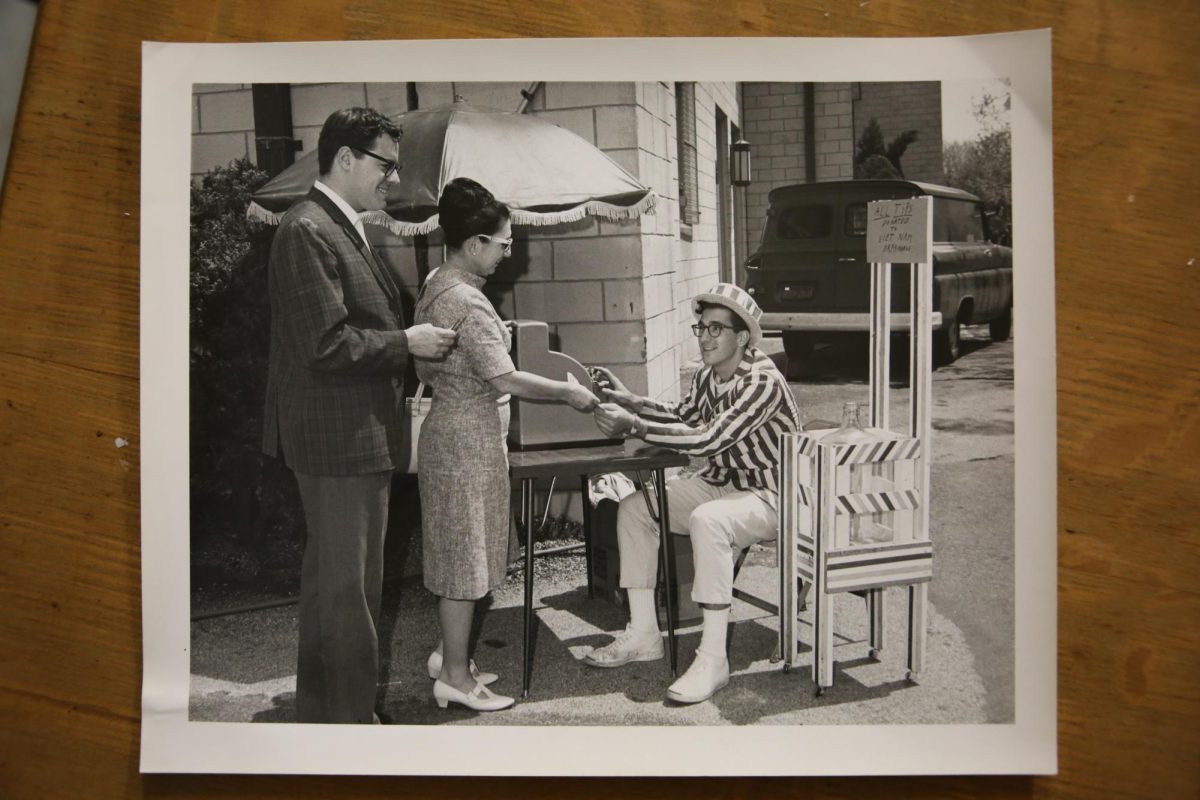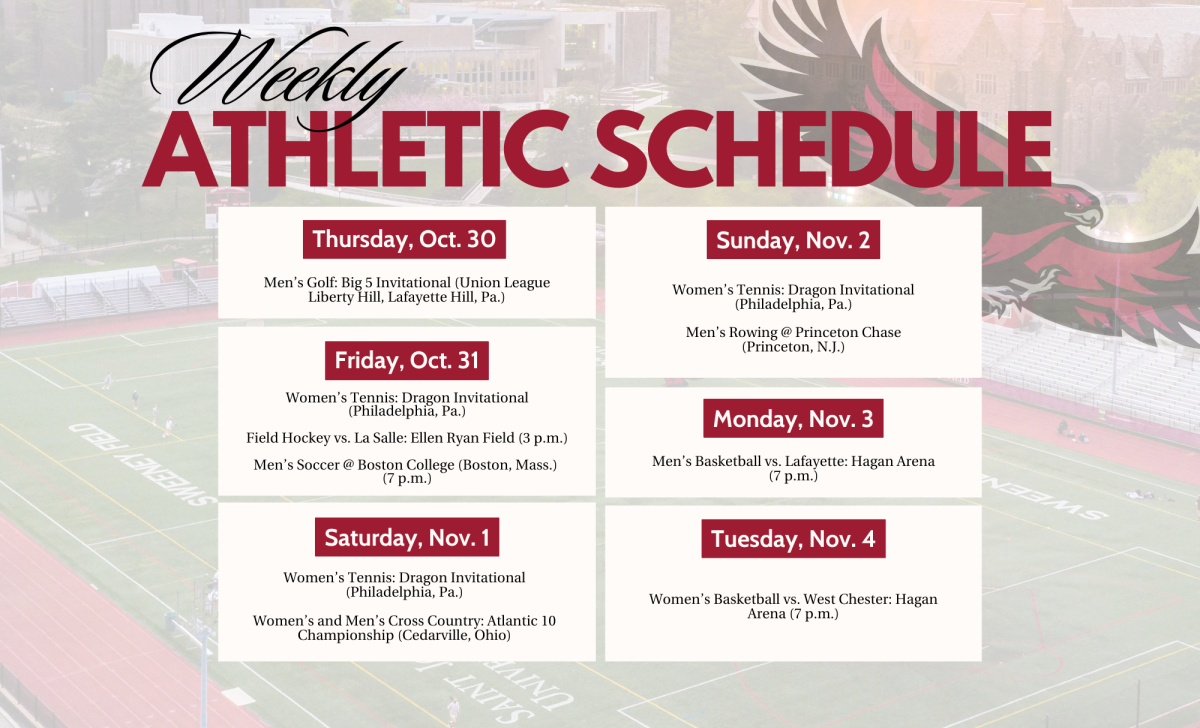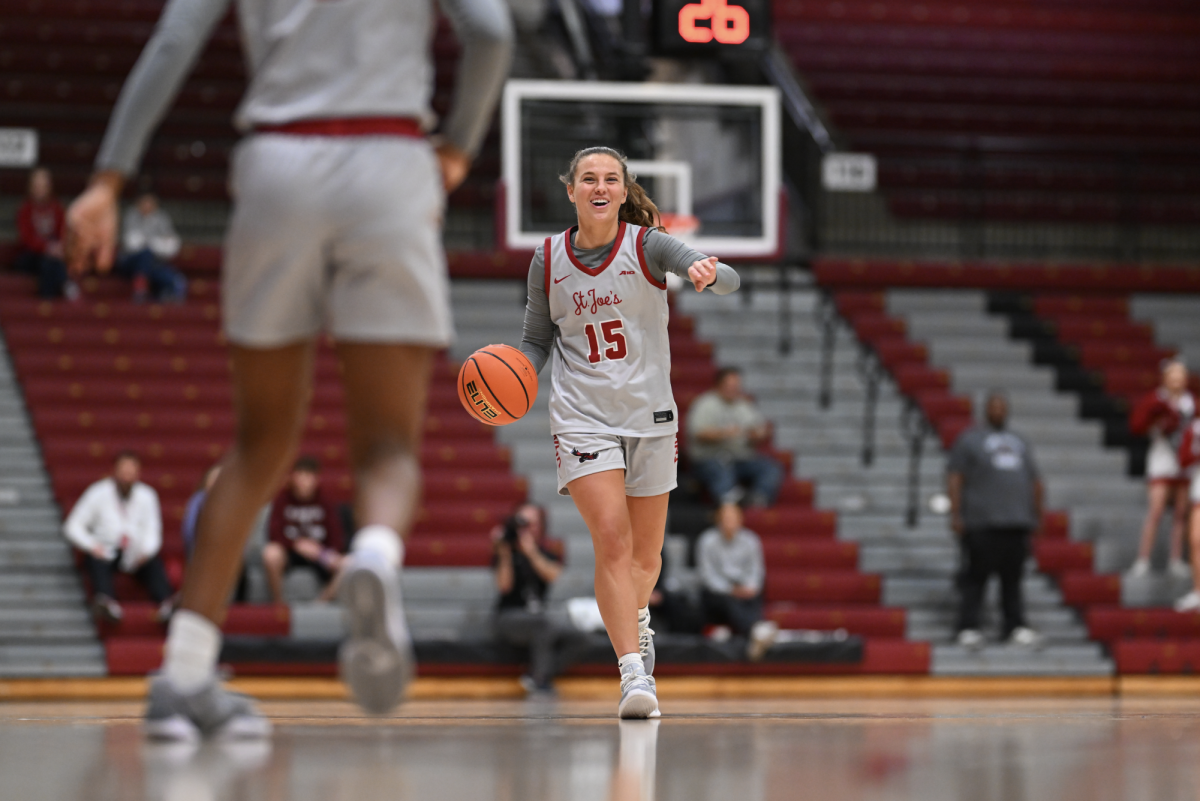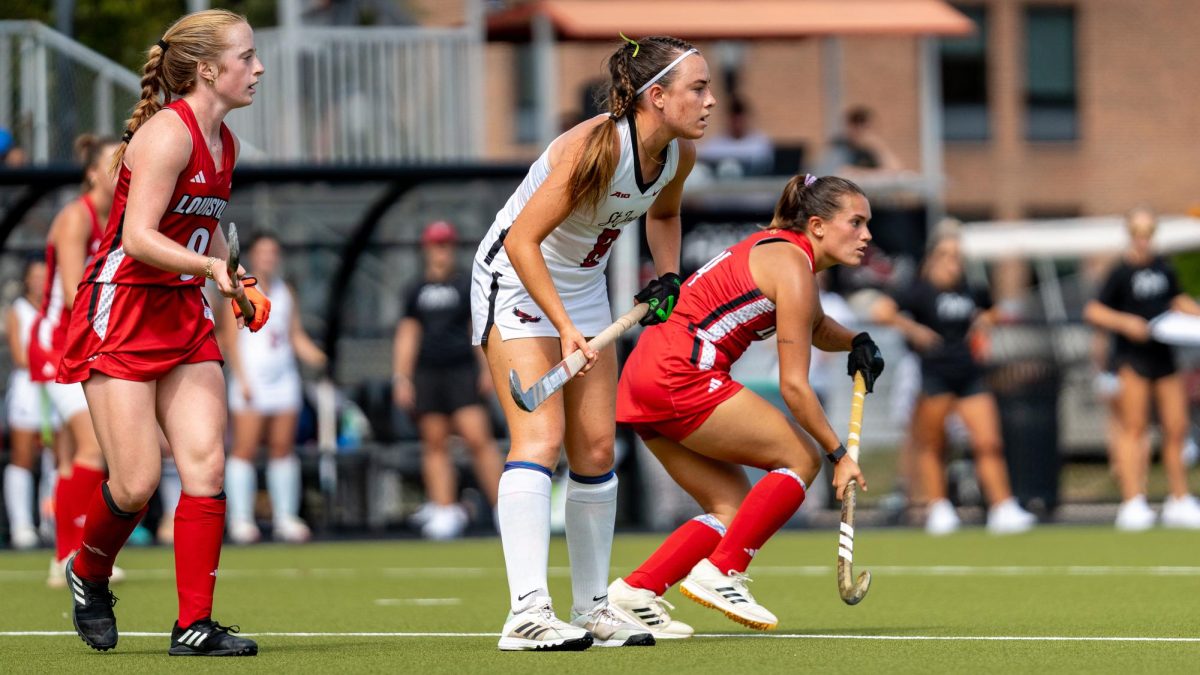Interest in third party platforms gains momentum on Hawk Hill
Support for third party platforms is becoming increasingly popular across the country, and Hawk Hill is no exception.
Liam McGarry, ’18, is the founder of the Saint Joseph’s University chapter of the Young Americans for Liberty (YAL), a national organization whose goal is “to cast the leaders of tomorrow and reclaim the policies, candidates, and direction of our government,” according to the mission statement on the group’s website.
Young Americans for Liberty doesn’t solely represent the Libertarian ticket, but offers a voice for any students who identify with third party platforms.
Though the group represents a political perspective that hasn’t been institutionally present on campus, McGarry believes that many college students identify with third party ideals, particularly in regard to the 2016 election.
“There’s a big interest, I think, now especially, given how polarized the general election is,” McGarry said. “It’s really pushing people away from parties and ways of thinking because they kind of see where that has brought us—to where you vote on the lesser of two evils, and not someone who you like or can defend.”
This belief is shared by Christopher Stevens, ’18, who represented the Libertarian perspective during the mock debate hosted by Student Senate, College Democrats, College Republicans, and the Politics Club on Oct. 3.
“Just the idea in general that there’s only two stances on one issue or two possibilities, and that if you’re for one issue that means you have to be for a whole ticket of issuesit just doesn’t make sense to a lot of young people,” Stevens said.
In addition to those disillusioned by both the Democratic and Republican candidates, Stevens believes that Libertarian and third party groups also attract students who don’t feel represented by the polarized positions that candidates adopt during elections.
Accordingly, Stevens said support for a third party candidate is not always a “protest vote” from students, but an indication of a more moderate perspective. Voting third party, according to Stevens, acts as an effort to encourage candidates to focus their attention on voters whose interests aren’t being addressed by left or right extremes.
“This is more opening the door to future opportunities [after the election]—trying to show people that there are options in the middle and that people are going to start having to cater to more average voters,” Stevens said.
This message about alternatives is one that McGarry said he plans to bring to students through YAL’s place on campus. Already, the group has hosted sign-up events to register students to vote, distributed pamphlets about third party options, and attended a panel discussion where they handed out free copies of the United States Constitution to students.
As the university’s YAL chapter grows in members and begins to partner with other political groups on campus, McGarry said he plans to continue encouraging students to consider a range of political alternatives.
“We want people to know that there are more options out there,” he said. “They have the ability to think for themselves; they don’t have to vote just because a party says to, or their parents say to, or because society—to an extent—says to.”
According to students like Stevens, the root to this kind of thought are already in place on college campuses, and it won’t take long for third party groups to gain more representation at St. Joe’s, just given the nature of a university setting.
“You have your people who tend to be optimistic, tend to think we can fight the system—which I do,” Stevens said. “I think a college campus is the perfect place to see that kind of support.Our generation especially is more apt to be independent and go against norms. So I think that third parties have a good shot moving forward.”

